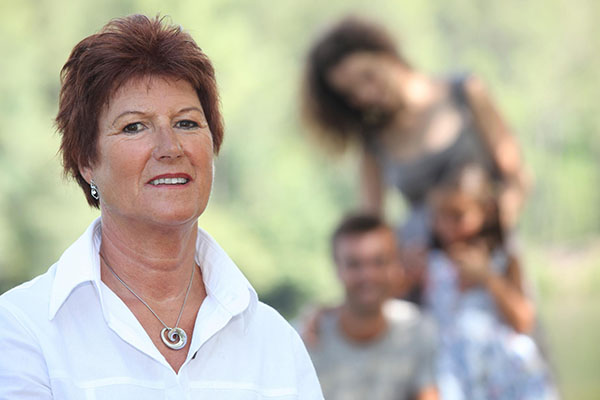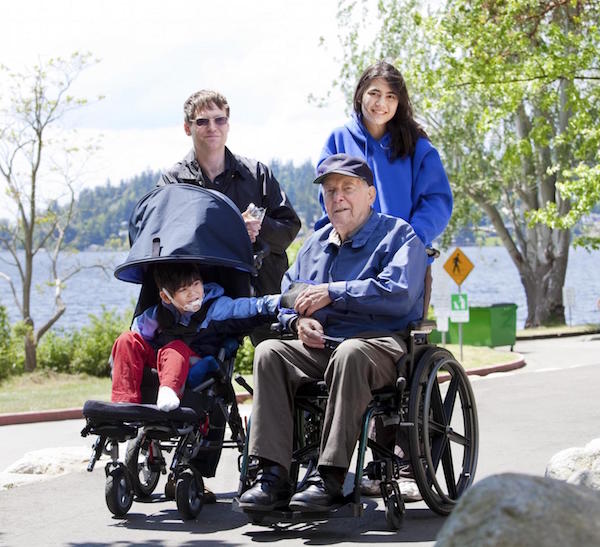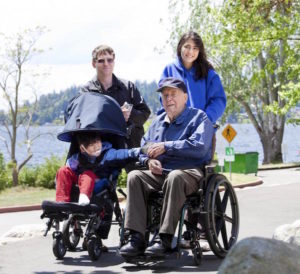The Looming World Crisis of Incapacity in SA
Australia is facing a tsunami of widespread mental incapacity among the largest and wealthiest segment of our population. Advances in mental health have not kept pace with advances in other areas of medical science.
According to Alzheimer’s Australia, more than 340,000 Australians currently have dementia, and that number is expected to reach nearly 900,000 in the next 35 years unless a medical breakthrough occurs. These grim statistics highlight the need for everyone to plan ahead so that their medical and financial needs are met should they ever become mentally incapacitated.
When it comes to Wills & estate planning in Adelaide, you can trust the oldest law firm in South Australia, Genders & Partners to guide you through the tough decisions you must make for your future care and financial welfare.
















